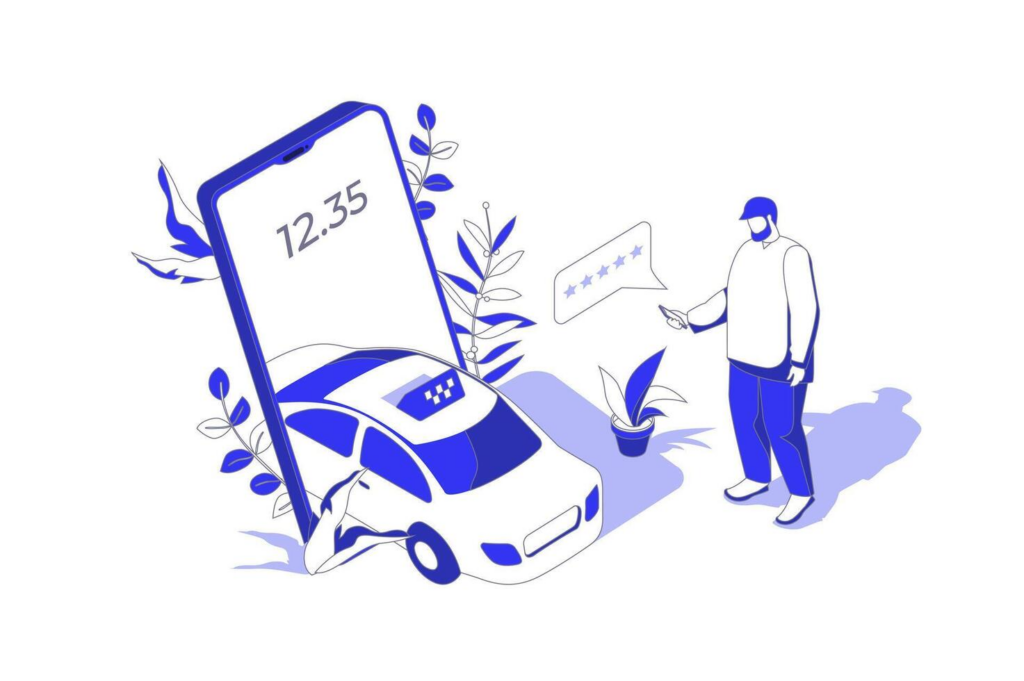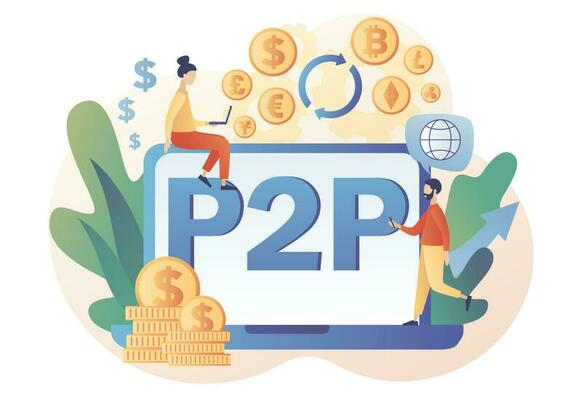Artificial Intelligence (AI), with its enormous potential, is redefining the landscape of mobile app development. AI-infused features are revolutionizing our everyday lives, driving efficiency through personalized suggestions. However, as we find ourselves at the precipice of groundbreaking evolutions in mobile technology, we are often left pondering: What is the future of AI in the world of mobile applications? In the midst of continuous, rapid advancements, the anticipation of what AI has in store next for us is truly thrilling. This blog post aims to provide a comprehensive understanding of AI, the challenges associated with its integration, and its transformative potential in the mobile app space.
AI: Unlocking New Dimensions in Mobile App Development
AI is opening doors to unparalleled opportunities in mobile app development. Here are some:
Personal Assistants and Face Recognition
Thanks to AI, personal assistants like Siri, Alexa, and Google Assistant have become household names. They use AI-powered speech recognition and natural language processing to understand user requests and respond accordingly using various AI models. Likewise, face recognition technology powered by AI has provided a secure and convenient alternative to traditional passwords. In fact, the market value of AI face recognition is expected to reach $16.74 billion by 2030, making it extremely important for tech driven businesses in Malaysia.
Predictive Analytics and Natural Language Processing
Predictive analytics uses historical data, statistical algorithms, and machine learning models to identify the likelihood of future outcomes. In mobile app development, predictive analytics can help create personalized experiences by predicting user preferences and behaviors. Natural Language Processing (NLP) can make mobile apps more intuitive and user-friendly by enabling them to understand and respond to user instructions in natural human language. As per Fortune Business Insights, the market value of NLP alone is expected to cross $112.28 billion by 2030.
Higher Accessibility
AI has a significant role to play in making mobile apps more accessible to users with disabilities. For example, voice recognition technology can help users with mobility impairments, while computer vision can assist those with visual impairments. AI models can be trained on diverse user behavior datasets to better understand and cater to the needs of users with disabilities. Furthermore, features like text-to-speech and speech-to-text, powered by AI, can greatly benefit users with hearing impairments, transforming the way they interact with mobile apps.
Hyper-Personalization
By analyzing enormous amounts of user data, AI can offer hyper-personalization in mobile apps. Hyper-personalization involves tailoring the user experience on an individual level, leading to higher user engagement and satisfaction. When combined with Augmented Reality (AR), it can create immersive and interactive experiences that were unimaginable a few years ago.
Breaking Down AI Integration Challenges
While AI integration presents a treasure-trove of benefits for mobile app development in Malaysia, it has its fair share of challenges as well. Let’s throw some light on that as well.
Data Acquisition
AI models thrive on data, but the gathering or generating of this data can be a significant challenge. A machine learning model relies heavily on data to learn and make accurate predictions, and this data needs to be accurate, diverse, and relevant. Moreover, there are legal and ethical considerations involved in data acquisition that developers need to address.
Operational Management
Incorporating AI into a mobile app isn’t just about writing code. It involves a shift in operational management and the ways teams work. Developing AI-infused mobile apps often requires interdisciplinary teams comprising data scientists, software developers, and domain experts, adding a layer of complexity to project management.
Application Portability
AI applications should ideally be portable across different deployment environments. Developers often have to deal with the complexity of deploying AI models to various devices with different hardware specifications, operating systems, and network conditions.
Selecting the Right AI Framework
Choosing the appropriate AI framework can be a daunting task due to the myriad of options available. Each framework has its strengths and weaknesses, and the choice often depends on the specific use case, the type of AI model to be developed, the programming language used, and the available computational resources.
Having a reliable mobile app development partner can give you an edge over your competitors and help you effectively deploy AI to your apps.
Top Tools for AI Integration
A wide range of tools is available to help developers integrate AI into mobile apps.
TensorFlow
TensorFlow is a free and open-source repository for ML and artificial intelligence. It provides a flexible and comprehensive ecosystem of tools, libraries, and community resources that aid in building and deploying machine learning models.
PyTorch
PyTorch is an open-source machine learning library based on the Torch library. It offers two high-level features: tensor computation with strong GPU acceleration support and deep neural networks built on a tape-based autograd system.
Caffe
Caffe (Convolutional Architecture for Fast Feature Embedding) is a deep learning framework that allows developers to create artificial neural networks (ANNs) on a brewed machine to process over 60M images per day.
Microsoft Cognitive Toolkit
The Microsoft Cognitive Toolkit is a library that allows developers to harness artificial intelligence within massive datasets through deep learning.
The AI Impact: Some Use Cases
The potential of AI in enhancing mobile app development is vast and multifaceted. For instance, AI can help improve personalization features, increase user engagement, and enhance security measures. Let’s take a closer look.
Experience Customization
With AI, mobile apps can provide a highly personalized user experience. By analyzing user behavior and preferences, AI can customize content, notifications, and recommendations for each user. This is already becoming evident in many social media platforms such as Instagram.
User Engagement
AI can significantly increase user engagement. To illustrate, chatbots can provide 24/7 customer service, while predictive analytics can keep users engaged by offering personalized content and recommendations.
Security
AI can also enhance the security of mobile apps. For example, face recognition and biometric authentication provide a secure alternative to traditional passwords. AI can also be used for threat detection and prevention by identifying and responding to unusual activities or behavior patterns.
Predictive Maintenance
Predictive maintenance represents one of the most promising AI applications in mobile app development. By analyzing user behavior, preferences, and habits, AI can foresee potential problems or bugs that could occur in an app and allow developers to fix them proactively. This capability can significantly reduce downtime, improve user experience, and save costs on the long-term maintenance of the app.
User Interface (UI) and User Experience (UX) Enhancement
When deployed effectively, AI can dramatically transform the UI/UX of mobile apps. Intelligent algorithms can analyze the user’s behavior to determine how the user interacts with an app and identify which parts of the app are most engaging or need improvement. Developers can then create user interfaces that are personalized, interactive, and intuitive.
AI can also power chatbots, which can interact with users in a more human-like way. This could transform the way customer support works within mobile apps, providing a more personalized, on-demand, and interactive user experience.
Real-Time Analytics and Decision Making
AI can enable real-time analytics and decision-making within mobile apps. This could involve analyzing live data to provide users with real-time updates, insights, and personalized recommendations. In the business world, this capability could help companies make faster and more informed decisions.
Privacy and Security
Through intelligent algorithms, AI integration can detect fraudulent activities, predict security threats, and respond swiftly to mitigate risks. Furthermore, AI can provide advanced authentication methods like biometric or facial recognition, offering a more secure and convenient alternative to traditional passwords.

The Future is AI-Forward
AI is poised to revolutionize mobile app development, making apps more intuitive, personalized, secure, and capable of delivering enhanced user experiences. While integrating AI into mobile apps presents some challenges, the potential benefits it can bring make it an opportunity that companies in Malaysia can’t afford to ignore.
Businesses willing to embrace AI and its potential will be at the forefront of this exciting transformation. They will be the ones to define the future of mobile app development and shape how users interact with technology. Embracing AI is not just about staying ahead of the curve; it’s about shaping the curve itself.
Conclusion: Embracing the AI-Forward Future
AI integration in mobile app development is the new norm, not just a passing trend. With its multifaceted benefits and transformative potential, AI stands as a powerful tool for developers and businesses alike. It can improve user engagement, better user experience, provide robust security, and even predict future outcomes.
Indeed, the challenges associated with AI integration cannot be overlooked, but with the right tools and expertise, these hurdles can be surmounted. As we march forward in this exciting technological era, embracing AI will be crucial to unlocking unparalleled innovation in mobile app development. The future of mobile app development lies in harnessing the power of AI to its fullest potential. So embrace this AI-forward future today with SegWitz – Your end-to-end mobile app development and web development partner. Let’s create mobile apps that are not just technologically advanced but also intuitively intelligent, secure, and user-centric. Your future-ready mobile app is just one call away!



